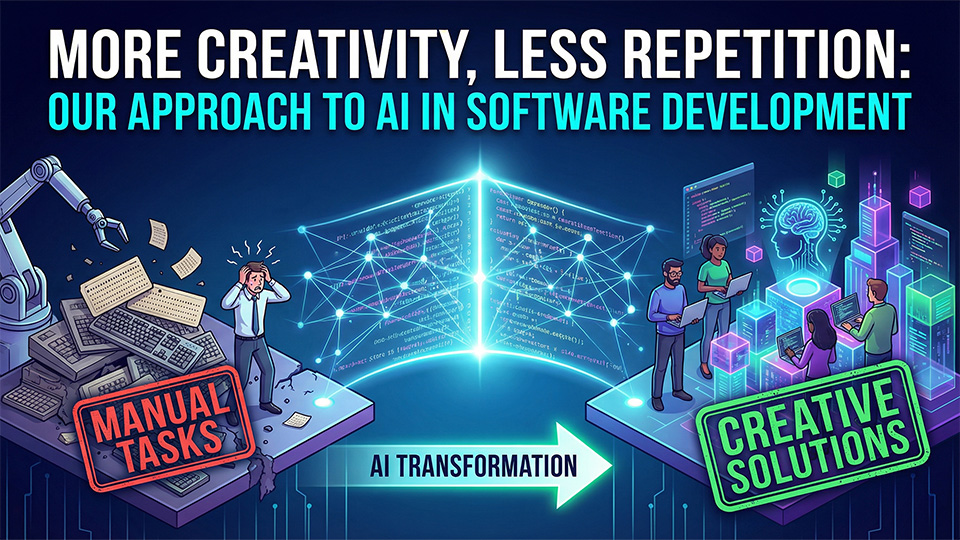January 3, 2023
Java Vs .Net in Web App Development
Introduction
If you have a web application development project on hand, at some point, you will have to choose a Java developer or a .NET developer. There are many similarities between the two, but each is more suitable for different types of projects, and you should learn the difference between them and how your decision affects the project in general. Don’t worry; this guide will be your starting point that goes over their similarities and differences and what they’re fit for.
Java and .NET: Which one is better for Web App Development?
Before we can compare the two, the definition and basics of Java and .NET should be laid out. Java has existed for a long time, even longer than .NET. It was originally always the best choice for web app development. Microsoft later created .NET, a combination of C# and VB.NET, built specifically to compete against Java. It is widely incorporated into Microsoft products, while Java is mainly seen in Android. If you’re wondering which one is good for web app development, the good news is that both are viable.
Java and .NET: Similarities
Although these two were created for different functions, there are a few similarities that make the decision of choosing which one for web app development so much harder.
Simplifying the process: These two are the standard in web app development, with a huge community behind each one supporting one another with enthusiasm. It makes it easy for developers to focus on business logic rather than programming, which can be time-consuming.
Enterprise-level development: The two languages C++ (the primary language of Java) and C# (the primary language of .NET), are type-safe, object-oriented, and have other features that make them popular and favorable.
Modular: You can be sure that the development will go smoothly and faster thanks to the modules that guide developers. Developing web applications without help is time-consuming and challenging, so depending on professional coders will tremendously help with the technical aspect.
A diverse range of target platforms: It might bring comfort to know that they are compatible with multiple platforms, such as desktop and mobile. This means that whatever you choose, your web application is accessible to more people through many different devices.
Java and .NET: Differences
While knowing the similarities is fun, understanding the differences between the two is much more helpful for your decision-making process. Java and .NET have differences that make each favorable to a different type of web application development. Figure out which one would benefit you in your custom project.
Target platforms: While Java and .NET can be used on many devices, each operates strongly on different platforms. Java developers mainly target Linux, while .NET focuses on Windows.
Interpreted vs. compiled: Java is an interpreted language meaning that the new changes are in effect only when the software is executed. On the other hand, .NET is a compiled language that immediately runs on the operating system it has compiled.
Proprietary vs. source: .NET can run independently of any third party and is integrated into the Windows system, while Java applications are available from numerous vendors. The language co-exists with other open-source counterparts.
Conclusion
Now that you know the difference between Java and .NET, you are better equipped to decide which one for your web app development project.
If you already have a team of in-house developers and need an additional Java or .NET developer, you can hire a developer with your desired skill set at Dirox. Add a highly-qualified team member with superb communication and collaboration skills to your development team today by giving our expert consultants a call!






























.svg)













